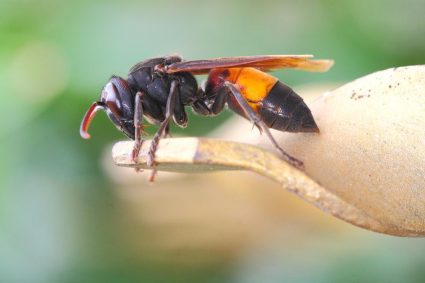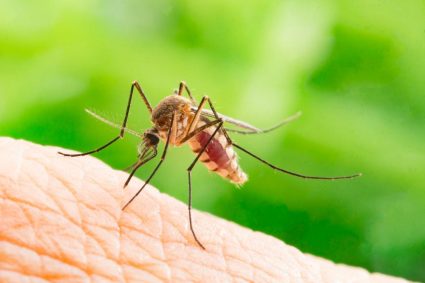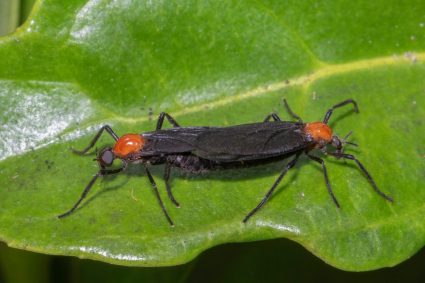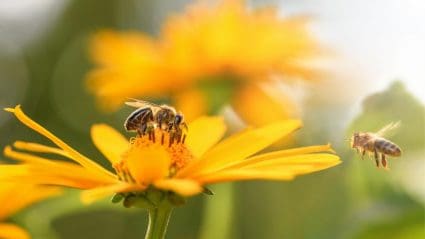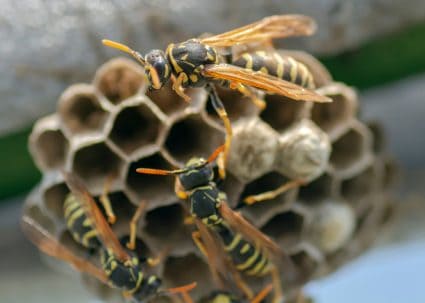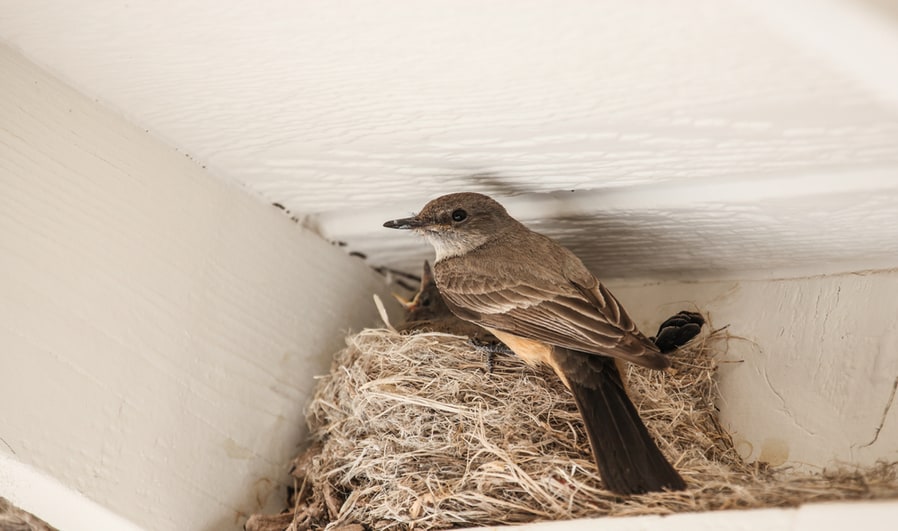
Birds are sneaky creatures as they tend to nest under overhangs of roofs.
These pesky little feathery avians usually nest under eaves during winter to find warmth and comfort. So roofs provide insulation against harsh weather.
Roofs are also generally ideal places for the birds to care for their offspring until they are ready to fly. Moreover, with the loss of their natural habitat, they are forced to share our homes.
When birds nest in and under the roof, they wreak havoc there. Birds leave droppings that stain and corrode roof structures. Moreover, their nests also block eaves troughs, leading to water damage.
The best part is that there are multiple ways of deterring these feathery creatures from nesting under the eaves of your house. These include:
- Clear debris
- Seal up holes in your roof
- Put roosting and perching spikes on your roof
- Keep a decoy in place
- Repellent gels
Let’s dive right into knowing how to keep our feathery friends safe from the harsh weather while protecting our roofs from getting damaged.
Types of Birds Usually Found Under Eaves
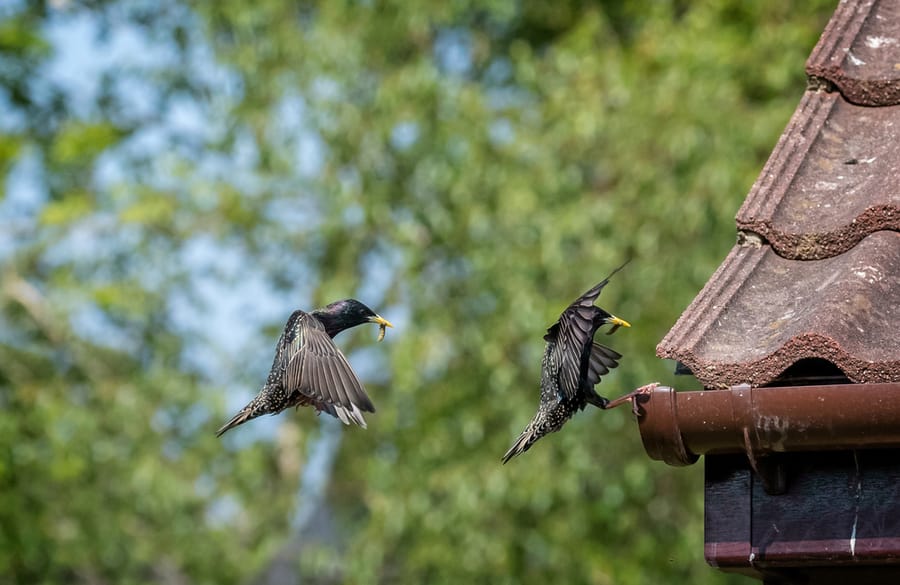
Several birds are present in our ecosystem. However, only a select few tend to nest under eaves. These birds include:
- House Sparrows
- Starlings
- Swifts
- Swallows
- Blue Tits/Great Tits
- Jackdaws
Knowing what kinds of birds usually nest under eaves is beneficial so that you can take measures accordingly.
6 Ways To Deter Birds From Nesting Under Eaves
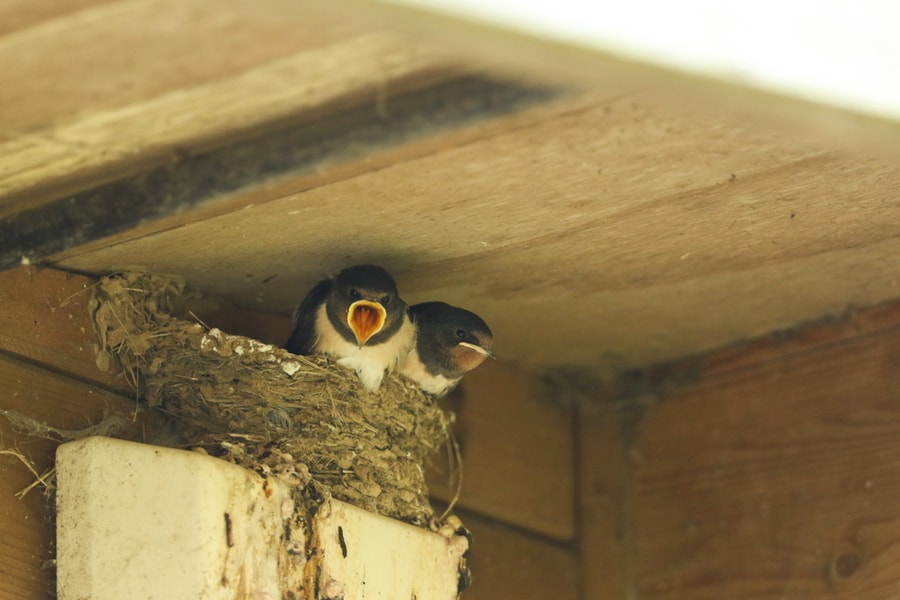
Here are six ways to deter birds from nesting under eaves:
1. Clear Debris
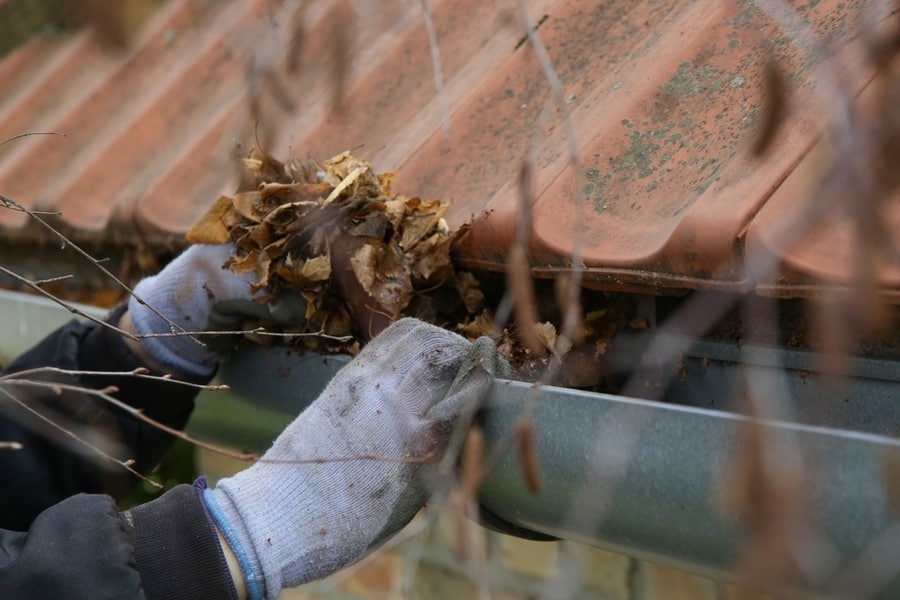
One of the critical reasons why bird nests under eaves are because they look for materials to build their nests. And these materials are usually found in the garbage collected in the eaves.
Not only that, but they also come looking for food scraps to feed themselves and their younglings. So, it’s a preventative measure to ensure that your roof is cleaned and maintained.
Cleanliness is not only required for roofs but your entire house. Birds perched on top of your roof has a vantage point through which they observe your trash cans or other areas where they might get food scraps.
Therefore, keeping your trash cans covered and your porch clean and tidy is essential. It will help stop birds from nesting under eaves.
2. Seal Up Holes in Your Roof
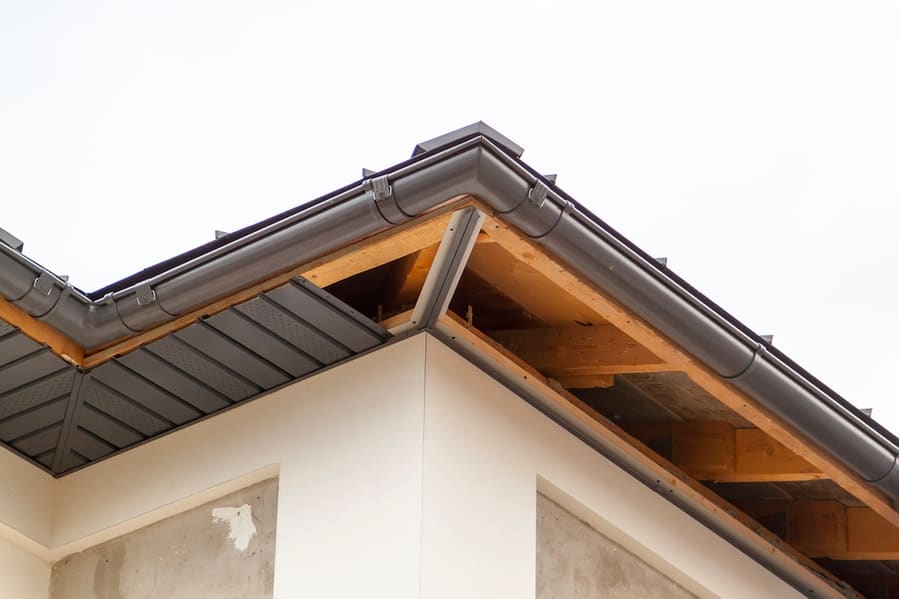
Birds nest in damaged roofs. Birds usually build their nests in gaps and spaces they find in soffits. Therefore, look for holes in soffits and other possible entry points.
If any holes and gaps are present, you must seal them immediately to prevent birds from roosting in them.
One simple and easy way of doing this is by covering the holes using wire mesh. Alternatively, you can install bird netting under eaves to cover the holes.
Use a ¾” heavy-duty bird netting. This will effectively block birds from nesting in holes and gaps on your roof, attic, under patio covers, or eaves.
Mesh netting creates a physical barrier that prevents birds from landing or nesting.
3. Put Roosting and Perching Spikes on Your Roof
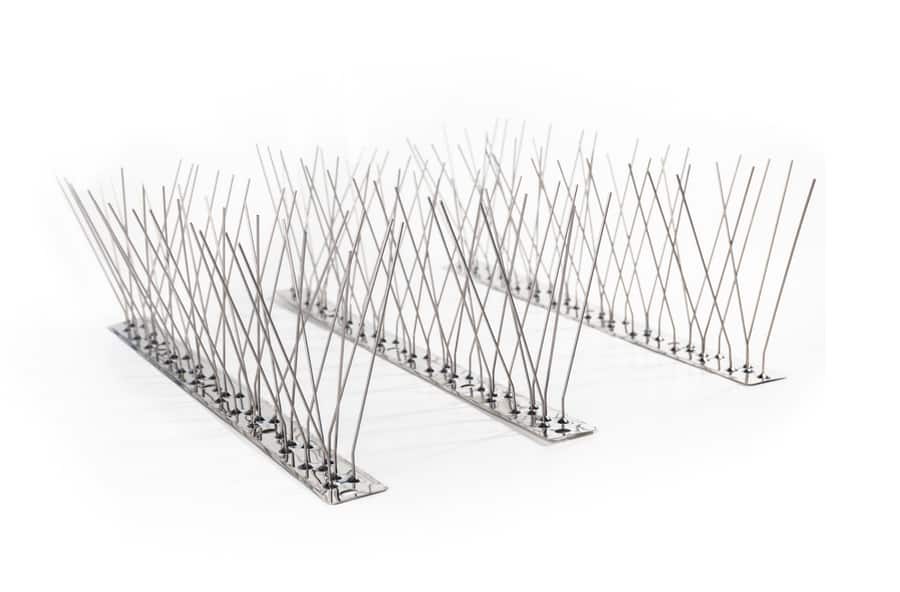
Installing perching spikes is an effective way to deter birds from nesting on your roof. Place the spikes on the roof’s edges to stop birds from roosting and building nests.
Moreover, these spikes can also be installed in gutters and drainage systems to prevent birds from clogging these passageways.
The spikes are made of stainless steel and are 1.5 inches wide. So they can be easily installed on very narrow surfaces.
The base is also flexible, as it can bend 360 degrees which is ideal for curved surfaces. These spikes can also be installed in rain gutters.
The best part is that these spikes are not harmful to the birds. They make nesting and perching uncomfortable, so the birds stay away from them.
4. Keep a Decoy in Place
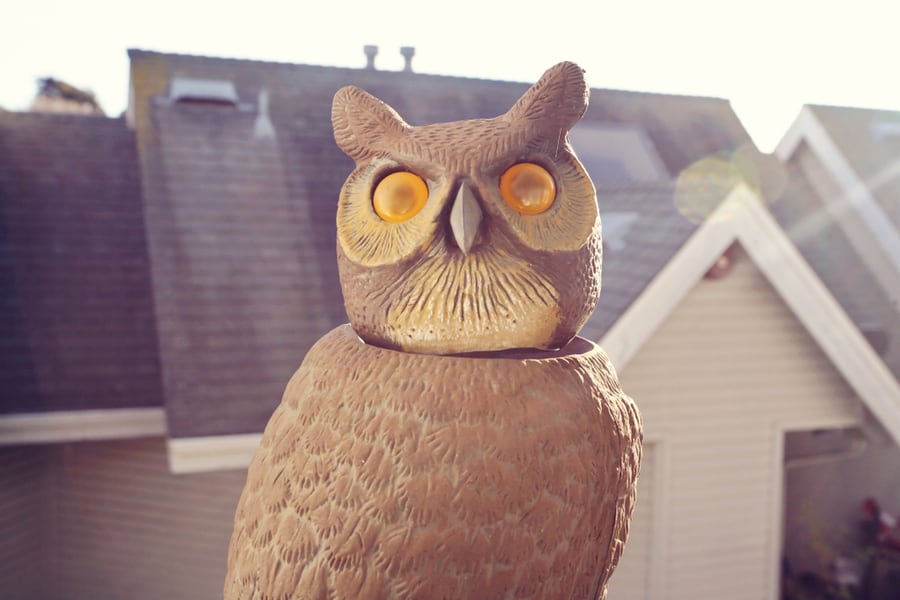
Placing a life-size owl or hawk on your roof is a great way to scare away birds.
The purpose of these model birds is to act as a scarecrow. It discourages other birds from coming near your property and nesting on your roof.
However, it might not work on large birds as they are not scared by such tactics. Also, as birds are intelligent creatures, they might soon realize that this is just a decoy.
But for small or medium-sized birds, this is an excellent way to scare them away and prevent them from roosting on your property.
5. Repellent Gels
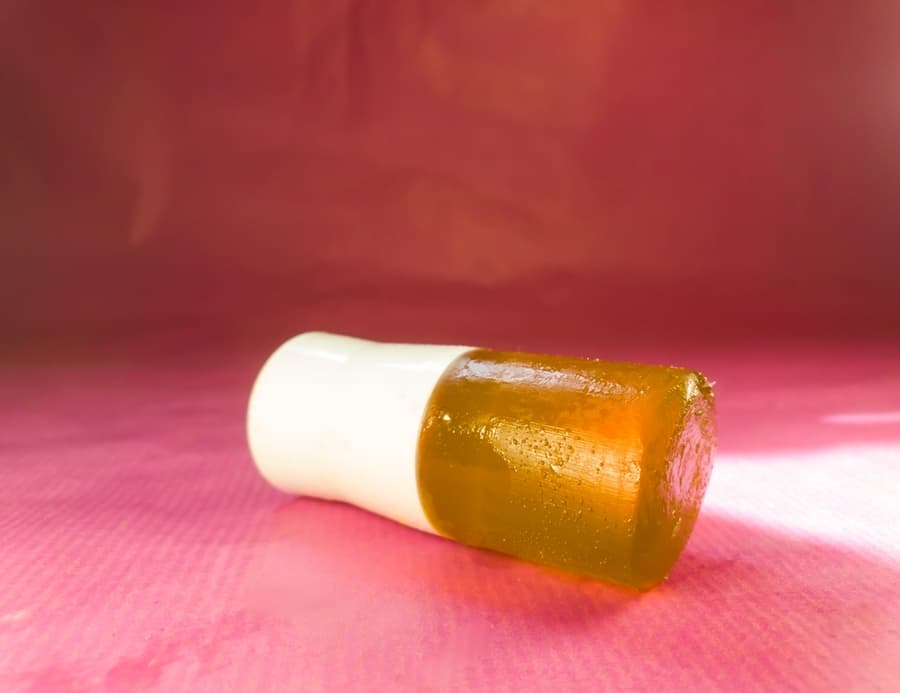
You can use liquid-repellent sprays or gels to keep birds away from your property.
The smell of these repellent sprays and gels makes the birds uncomfortable, so they tend to stay as far away as possible from them.
However, you must ensure that these repellent gels are non-toxic and environmentally friendly.
Some sprays and gels are often harmful to the birds, so it is advisable to use them as a last resort.
6. Keep a Birdhouse and Feeder in Your Garden
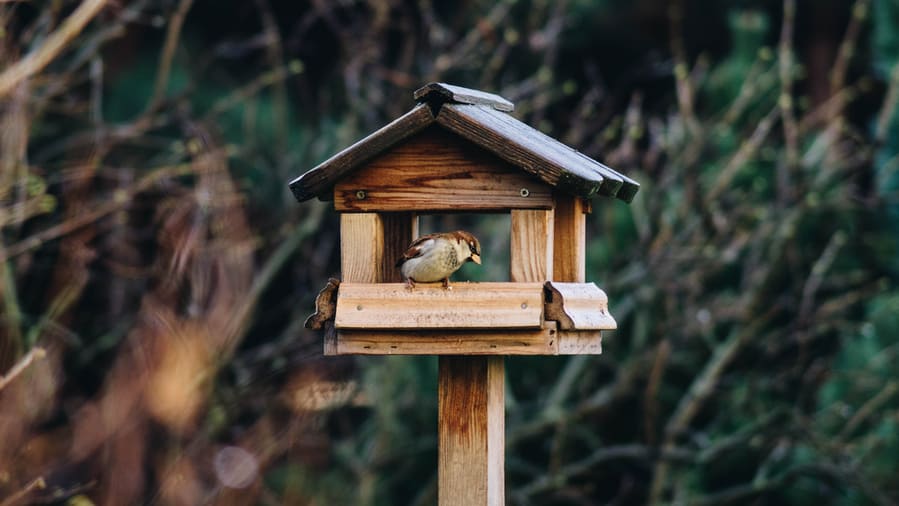
Alternatively, you can provide a home to these helpless feathery creatures, so they do not have to make their way into your home and nest in the eaves.
A birdhouse and feeder will ensure a healthy environment for the birds, who will remain well-fed and warm. As a result, birds won’t have to find gaps and holes in your roof to nest.
Ideally, place the feeder under a tree and the birdhouse next to it. This might encourage them to nest on the tree instead of your roof.
But if you do not have a tree in your garden, you can mount the birdhouse and feeder on a pole.
Conclusion
We understand that birds nesting on your roof or under eaves is annoying and creates several problems.
However, keeping aside all the negative aspects, we must be empathetic towards birds because these innocent little creatures only do so to find warmth and food.
So, instead of harming and destroying their habitats, providing them with alternatives is better. So that not only are they kept safe and warm, but your house also remains damage-free.
Frequently Asked Questions
Is It Legal To Remove a Nest?
Once the birds lay their eggs in the nest, then removing the nest is illegal. All birds, their eggs, and nests are protected under federal law.
Professional bird control companies also will not remove the nests if they have eggs.
Is Bird Poop Harmful?
Yes, bird droppings are harmful because they can cause several bacterial and fungal diseases in humans.

